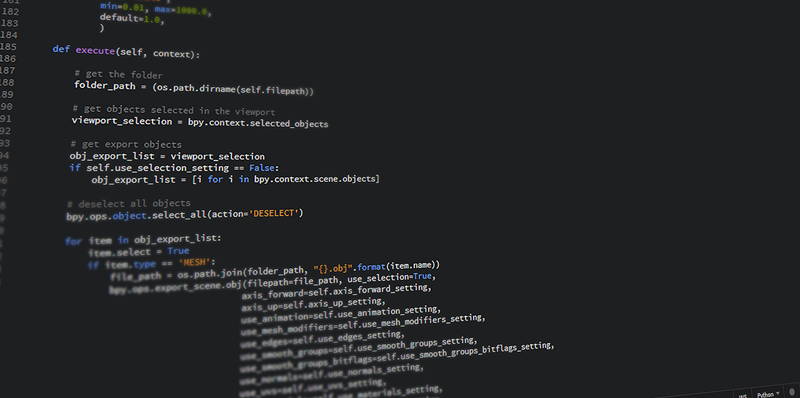In a bold move to strengthen the security of the software supply chain, GitHub, the go-to platform for developers and their code, has launched a decisive initiative. This strategic effort primarily focuses on bolstering the foundational elements of the software ecosystem: the developers themselves. GitHub recognizes their pivotal role in fortifying the entire chain and aims to address the inherent vulnerability of developers’ accounts.
Targeting the developers
Developers are at the heart of the software ecosystem, creating the code that powers various applications and systems. However, their accounts are susceptible to security breaches and unauthorized access. This vulnerability not only puts individual developers at risk but also endangers the users who rely on the affected code. Consequently, the integrity of the entire software supply chain is compromised.
The introduction of the 2FA mandate
To combat these security risks, GitHub has introduced a mandate requiring the use of Two-Factor Authentication (2FA). 2FA serves as a robust second line of defense, adding an extra layer of security against unauthorized access. The first step in this initiative was the compulsory enrollment of the top 100 npm package maintainers in 2FA. This was followed by extending enhanced login verification to all npm accounts, ensuring greater protection for a wider range of developers.
Progressive stages of enrollment
Further stages of the 2FA mandate involve enrolling maintainers overseeing progressively higher-impact packages. This approach enables GitHub to prioritize security while considering the potential impact on the software ecosystem. Ultimately, the aim is to include all active GitHub contributors in the 2FA mandate by the conclusion of the year. This inclusive approach ensures comprehensive protection for the entire developer community.
GitHub’s commitment to developer security
GitHub’s dedication to enhancing developer security extends beyond the 2FA mandate. They adopt a holistic approach to tackling the broader challenges associated with account compromise. By addressing the root causes of vulnerability, GitHub aims to establish a robust security posture for the entire software ecosystem. This proactive stance exemplifies their commitment to protecting developers and users alike.
Call for collective action
GitHub’s initiative serves as a clarion call for collective action. With the software ecosystem relying on a multitude of platforms and developers, it is crucial that everyone prioritizes security measures at the individual level. GitHub urges other platforms and developers to adopt similar measures to fortify the entire software supply chain. By working together, the industry can create a more secure environment for software development and usage.
GitHub’s decisive initiative to fortify software supply chain security is a significant step forward in protecting the developer community and ensuring the integrity of the software ecosystem. By emphasizing the importance of developers in the chain and addressing their vulnerabilities through the 2FA mandate, GitHub showcases a commitment to proactive security measures. This holistic approach not only strengthens individual accounts but also establishes a foundation for a more secure software supply chain. GitHub’s call for collective action resonates throughout the industry, urging everyone to prioritize security and fortify the software ecosystem as a whole.

